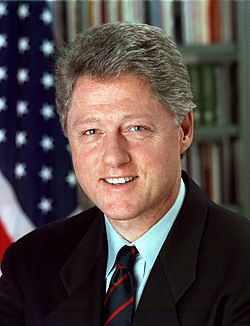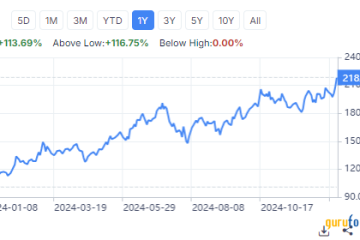The Legacy and Challenges of Bill Clinton’s Presidency

Introduction
Bill Clinton, the 42nd President of the United States, served from 1993 to 2001, marking a pivotal era in American history. Known for his charismatic personality and centrist policies, Clinton’s presidency was characterized by significant economic prosperity and controversial scandals. Understanding Clinton’s influence is essential, as his policies and decisions continue to resonate in current political discussions and the landscape of American governance.
Key Achievements
Clinton’s presidency was marked by several notable achievements, particularly in economic management. During his two terms, the U.S. experienced the longest peacetime economic expansion, with the unemployment rate falling to its lowest levels in decades. He oversaw a budget surplus in the late ’90s, a feat that was virtually unheard of prior to his administration. Additionally, the North American Free Trade Agreement (NAFTA) was implemented during his tenure, promoting trade between the U.S., Canada, and Mexico, and fundamentally reshaping the landscape of North American economic relations.
Challenges and Controversies
Despite these successes, Clinton’s presidency was not without challenges. The most significant controversy stemmed from his extramarital affair with White House intern Monica Lewinsky, which led to an impeachment by the House of Representatives in 1998 on charges of perjury and obstruction of justice. Although Clinton was acquitted by the Senate and completed his term, the scandal overshadowed many of his accomplishments and continues to affect public perception of his presidency.
Clinton’s Post-Presidency Influence
Following his presidency, Bill Clinton remained active in public life, focusing on humanitarian work through the Clinton Foundation, which tackles issues like global health, poverty, and climate change. His foundation has raised billions and worked on global initiatives, further establishing his legacy beyond the political arena. Clinton’s ability to connect with diverse groups and his global outreach efforts have made him a respected figure in international discourse.
Conclusion
Bill Clinton’s presidency was a complex mix of economic success and significant personal and political challenges. His political legacy continues to influence contemporary discussions around economic policy, healthcare, and governmental transparency. As current leaders reflect on his presidency, it becomes crucial to analyze both the successes and failures of his time in office to navigate the complexities of today’s political environment. Clinton’s ability to adapt and engage with evolving political landscapes serves as a lesson for future leaders in understanding the intricate balance between governance and public perception.









